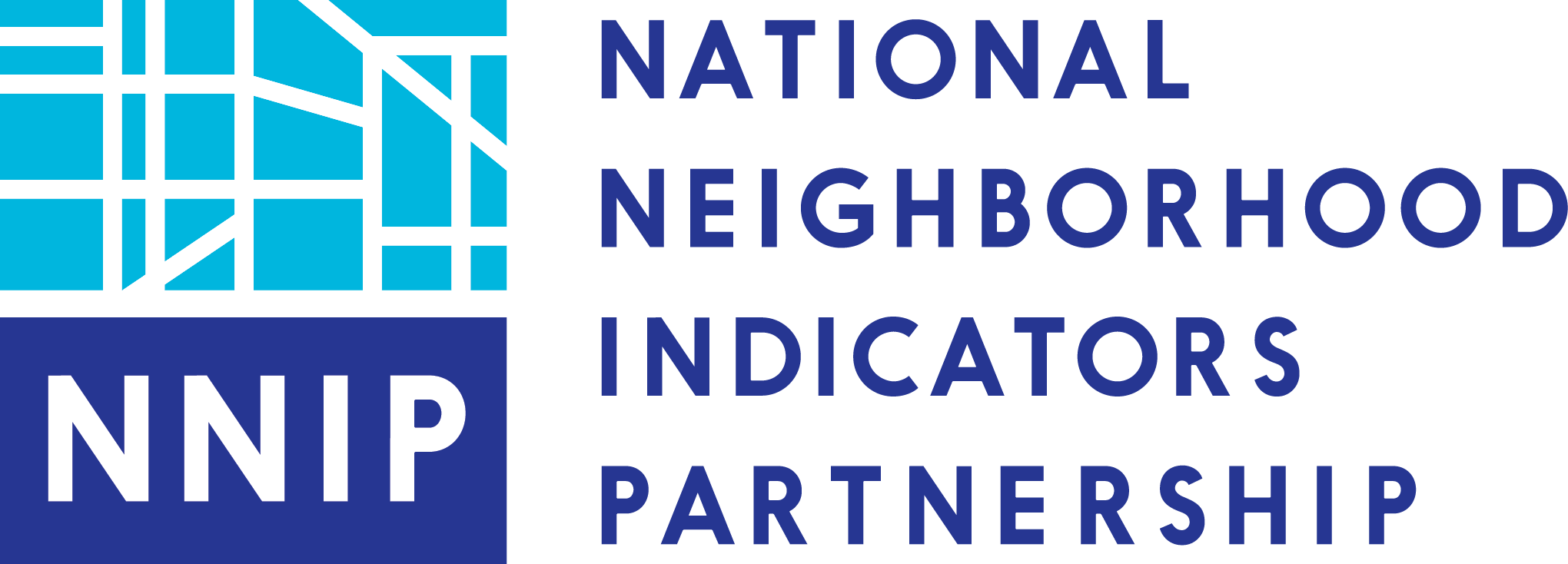5 Partner Organizations in Transition
Last Updated: August 07, 2017
As a peer learning network, both NNIP and all its local partners benefit from having strong and institutionally-stable partners. To achieve this and maintain a NNIP presence in existing partner cities, Urban-NNIP staff and the NNIP Executive Committee are committed to providing technical assistance and advice to partners in times of organizational instability. This policy was approved by the NNIP Executive Committee on June 10, 2015 and will be periodically reviewed.
Transition Status
Over the years, several NNIP partner organizations have closed or discontinued NNIP-related services. In many cases, the community data services functions have been successfully transferred to another organization, so the network established a provisional status category to support partners in transition. Transitions may occur when:
- An organization or unit changes institutional homes through a merger with another organization or by creating a spinoff organization; or
- An organization closes altogether; or
- An organization remains open, but the organization no longer fully performs NNIP functions due to changing priorities or diminished funding.
Urban-NNIP staff will make the determination whether a partner organization should be shifted to a transition status, with notification to the Executive Committee. Urban-NNIP staff will review the status annually and may revoke NNIP membership if staff judge there are not consistent or viable efforts to rebuild the community data servies. In general, the network expects transition status to last up to two years. Urban-NNIP staff can make exceptions to this if the effort to rebuild is ongoing and reasonable progress is being made.
Access to Network Assistance and Benefits
We encourage staff of any partner organization to reach out to Urban-NNIP as early as possible when an organization may be facing institutional difficulties or have reduced capacity to perform community data services to access technical assistance and advice from network members. NNIP-Urban staff will maintain regular contact to monitor the transition and provide advice and support as requested.
Access to partner benefits for partner organizations designated as being in transition (such as the NNIP partnership meetings, email lists and voting for the Executive Committee) during the transition period will be determined on a case-by-case basis by Urban-NNIP staff in consultation with the NNIP Executive Committee. In addition, the circumstances of the transition and the engagement by the partner organization staff will determine whether the partner organization will remain listed as such on the NNIP website.
Urban will provide advice as requested on identifying options for moving forward, gathering support and champions for the need for community data services, and identifying a new potential institutional home. More in-depth support may be available depending on network funding constraints.
Completing the Transition
With support from NNIP and Urban staff, many NNIP partner organizations in transition have been able to find new funding support or identify a new institutional home for NNIP functions.
- If the local stakeholders transfer the NNIP functions to another organization, we will require the new organization to go through the standard partner application process and respond to an additional set of questions about the transition.
- If the leadership, staff and mission do not change and just the organizational home changes through a merger or wholesale transfer of functions, Urban-NNIP staff and the Executive Committee can waive the need for the application process.
- If new revenue is raised to support the re-activation of NNIP functions at the existing partner organization and leadership, staff and mission have not changed, no reapplication is required.
